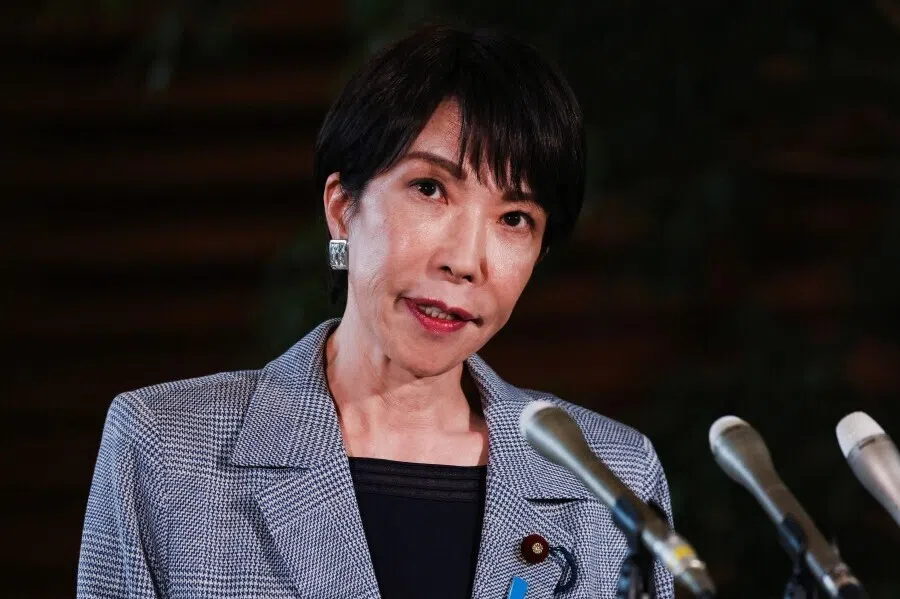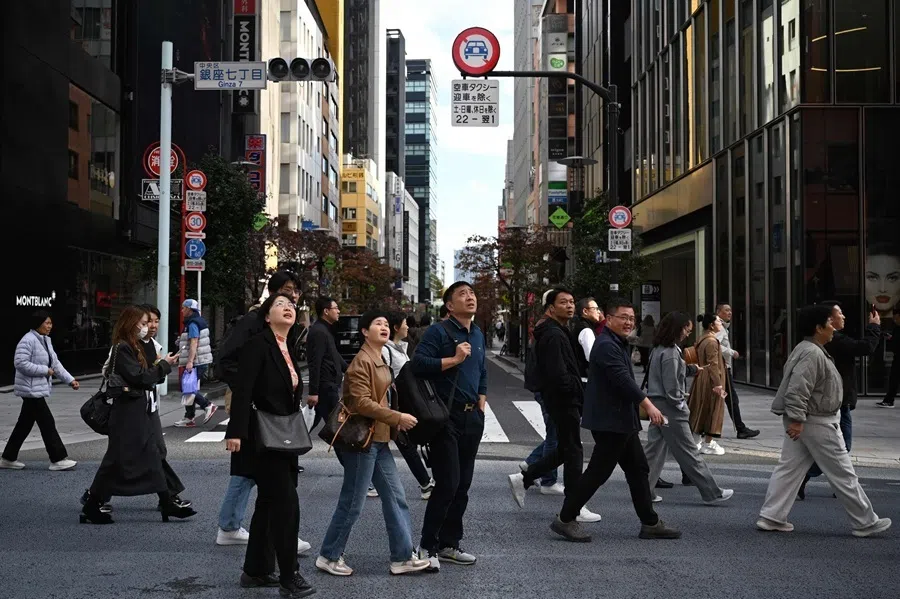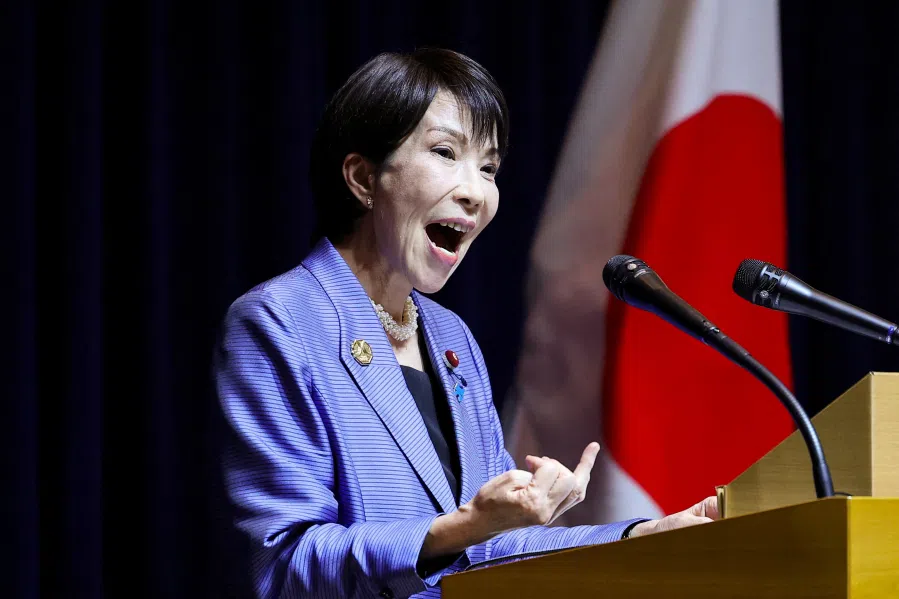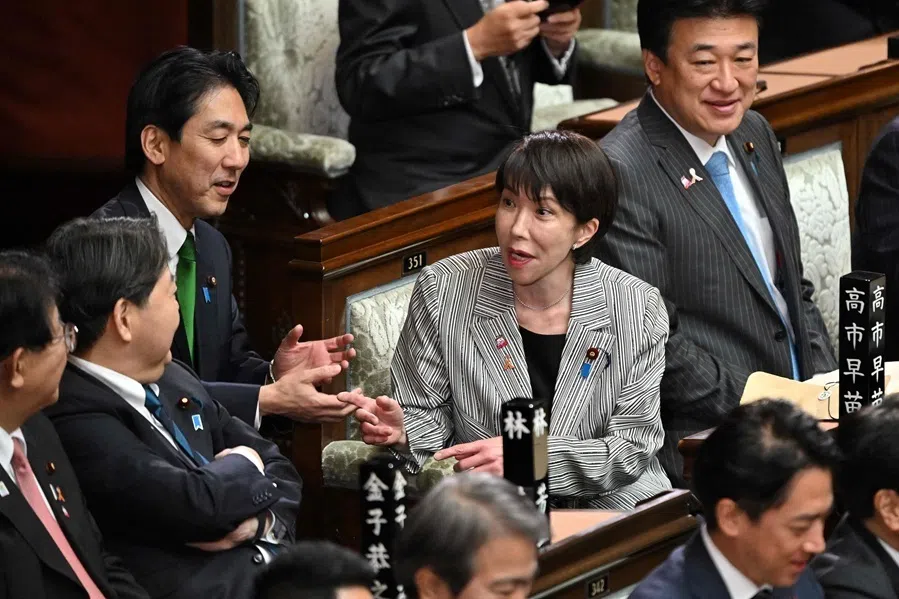Hit by the pandemic: Foreign companies in China struggle with regulations and policies
With the pandemic showing no signs of abating, foreign companies in China are feeling the strain with difficulties of bringing in foreign employees and obtaining visas for their families amid changing Covid regulations. Meanwhile, China's greater emphasis on "domestic circulation" is making foreign enterprises feel at an even greater disadvantage. Zaobao correspondent Chen Jing speaks to the American, European and Singaporean chambers of commerce to find out more.
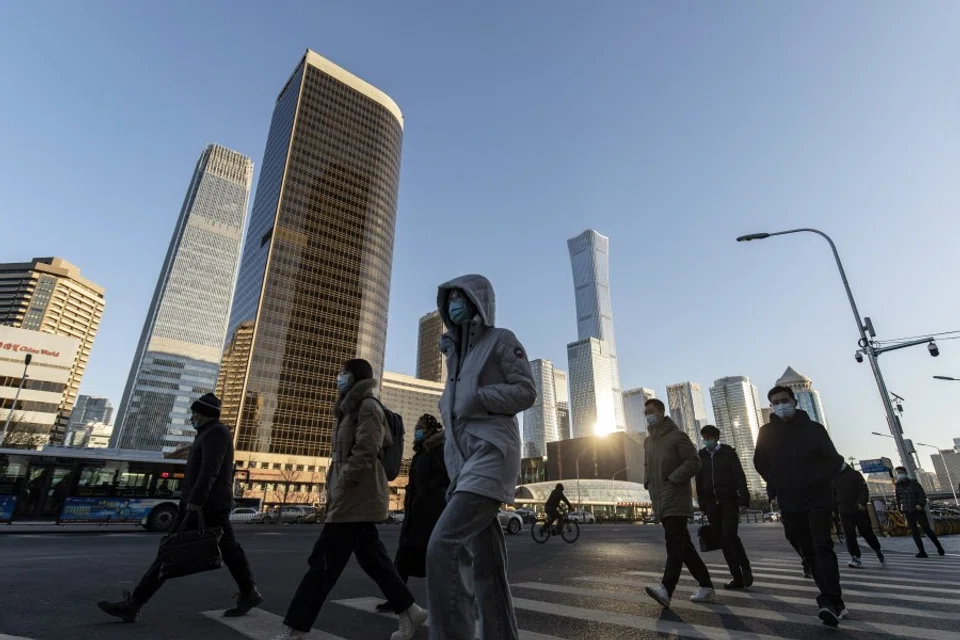
After living and working in China for nearly 20 years, Ker Gibbs - president of the American Chamber of Commerce in Shanghai (AmCham Shanghai) - returned to California this past weekend.
Gibbs used to go back to the US four or five times a year to be with his family, but told Zaobao that since the pandemic broke out, he has only met his family once. With his parents getting on in years and little hope of international travel restrictions being eased in the short term, he made the difficult decision to leave China.
Other foreigners in China such as Alan Beebe, president of the American Chamber of Commerce in China (AmCham China), are also leaving. Pandemic travel restrictions aside, constantly-changing policies and rules, a complicated geopolitical situation, and China's ramping up on "domestic circulation" are adding up to make foreigners in China feel like they are increasingly losing their position in this vast market.
Travel restrictions bugbear for Americans and Europeans doing business in China
An AmCham Shanghai survey of 338 members in the middle of this year showed that more than 70% had difficulty attracting and retaining foreign talent with "Covid-related travel restrictions" the primary problem.
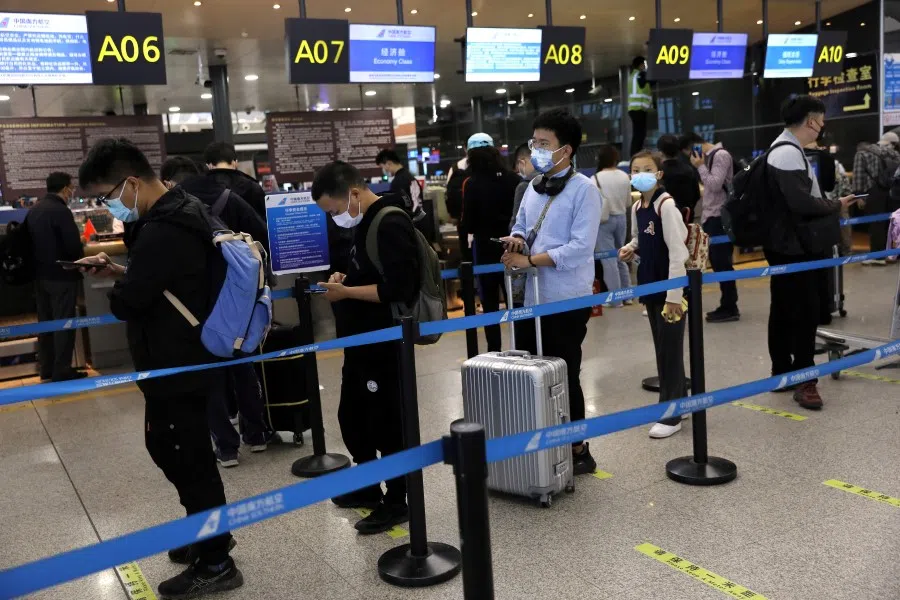
Gibbs explained that foreigners who want to enter China have to first obtain a PU letter (an invitation letter) issued and signed by the local district government where their company is located in China, before applying for a visa at their respective Chinese embassies. There are no clear criteria for issuing the PU letters, and if employees also want to apply for visas for family members, it is even more difficult. Coupled with the shortage of flights and quarantine on arrival, it is very difficult to get in and out of China.
He also revealed that AmCham is applying to the Chinese foreign ministry to shorten the quarantine period for those who are vaccinated, which is still being discussed. However, the appearance of the Omicron variant is presenting another test for vaccines around the world and adding to the uncertainties in this application getting approved.
...more companies in China are hiring bilingual Chinese in place of foreign employees, exacerbated by worsening China-US relations and the pandemic.
Bettina Schoen-Behanzin, vice president of the European Union Chamber of Commerce in China (European Chamber), said the main problem faced by its members in China is the long list of travel restrictions and lack of transparency in policies, and foreign employees with children are the most affected, with many people forced to choose between family and work. "Vaccines were supposed to resolve this situation, but now it looks never-ending."
China's tax reforms will also impact foreigners in China. The tax-free subsidised housing, food, education, and travel that they enjoyed are set to end by the end of this year, which means that their everyday expenses will go up significantly from next year, and this particular market will become less attractive.

At the same time, China is speeding up on domestic circulation to reduce external dependence, which is also worrying US and European companies. Gibbs said in recent years, more companies in China are hiring bilingual Chinese in place of foreign employees, exacerbated by worsening China-US relations and the pandemic. "This might ramp up China-US decoupling," he said.
Foreign companies will face more regulatory obstacles and a climate of unequal competition, as well as an increasingly politicised business environment.
Schoen-Behanzin also felt that several "disturbing" signs show that China is turning inward and moving towards providing for itself and a high level of self-sufficiency. Foreign companies will face more regulatory obstacles and a climate of unequal competition, as well as an increasingly politicised business environment.
Despite this, China remains a key market for European companies. "There are still opportunities here, especially for companies that can adapt to a constantly changing and challenging policy environment," she said.
According to a survey by the European Chamber in February this year, only 9% of European companies are considering moving any current or planned investment out of China, less than the 20% in 2010. The AmCham Shanghai survey also showed that 59.5% of respondents are increasing investments this year, far more than the 20% of members in 2020.
Companies should not wait for China to relax policies
Singapore Chinese Chamber of Commerce and Industry (SCCCI) president Roland Ng said companies should not wait for China to relax its policies, but they need to take advantage of this unique period to move against the tide and do all they can to enter this huge market.
"Many new trends have emerged in China over the past two years, and one cannot feel these changes without coming to see it in person. If you come in when others cannot, you get more opportunities." - Singapore Chinese Chamber of Commerce and Industry president Roland Ng
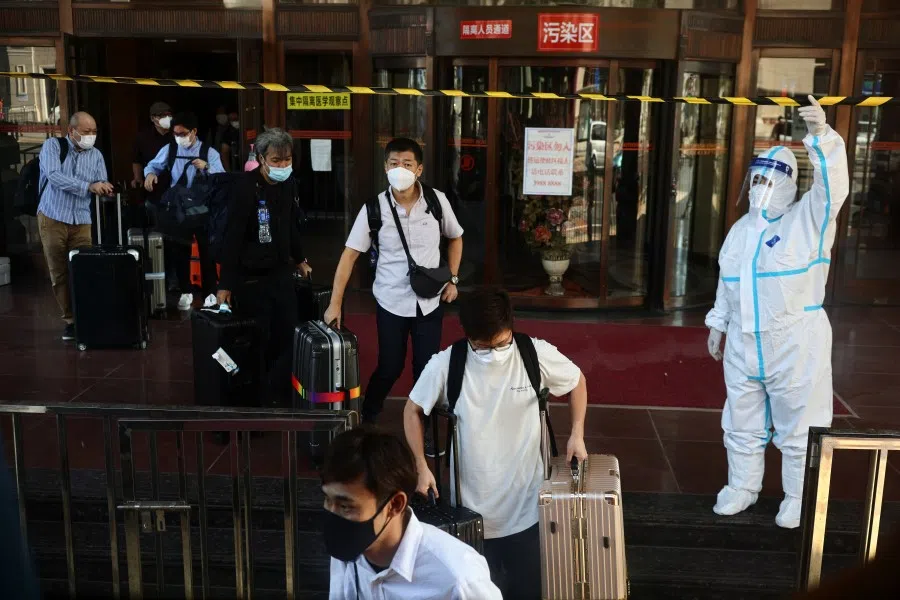
At the time of writing, Ng is in quarantine in Shanghai, marking his fifth trip into China over the past year and a half. Considering that each quarantine period is 14 days, he has spent a total of over two months in quarantine, and done dozens of pre- and post-arrival tests. But for him, "it is all worth it".
Ng is managing director and Group CEO of crane supplier Tat Hong Holdings Ltd. While in China, he represents the SCCCI in promoting business exchanges between China and Singapore, and also attends to his company's operations. He said when local governments and partners see that he still goes to China personally even amid the pandemic, they generally show more sincerity and are more willing to explore opportunities for cooperation.
"Many new trends have emerged in China over the past two years, and one cannot feel these changes without coming to see it in person. If you come in when others cannot, you get more opportunities."
Last month, a delegation comprising 45 Singapore companies was approved to participate in the China International Import Expo. Ng said over 100 Singapore representatives obtained 90-day visas, and some people used those three months to find collaborative partners and expand their network in China.
"No one knows how long this global pandemic will last; it is likely that China will not open up next year. Rather than wait for change, why not take the first step and seize the time to do what needs to be done?"


